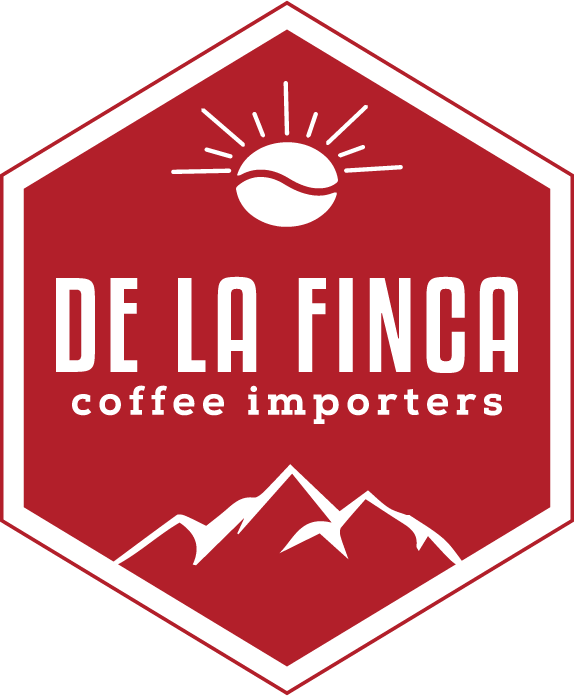Certifiably Delicious: Navigating Coffee Certifications
What if you could source high-quality coffee beans that are not only delicious but also ethically and sustainably produced?
The first step for beginners in this area is understanding coffee certifications when sourcing your beans. With so many certifications out there, it can be overwhelming to know which ones to prioritize. Here’s a quick breakdown of some of the most common certifications in the industry and what they mean for your coffee business:
Fair Trade Certified is perhaps one of the most well-known coffee certifications. It ensures that farmers are paid fairly for their coffee and work under safe and fair conditions. These are determined by premiums placed on the coffee. See the most up to date information directly on their website here.
Fair Trade Certified also supports community development projects, such as building schools or health clinics, in coffee-producing regions. As a coffee roaster, sourcing Fair Trade Certified beans can show your commitment to fair labor practices and supporting the economic and social well-being of coffee farming communities.
Organic coffee is grown without the use of synthetic pesticides or fertilizers. This certification ensures that coffee is produced in an environmentally sustainable way, without the use of harmful chemicals that can damage soil and water quality. Additionally, organic certification requires that farmers use sustainable farming practices to promote biodiversity and soil health.
As a coffee roaster, sourcing organic coffee beans demonstrates your commitment to environmentally sustainable farming practices and promotes the health and well-being of farmers, consumers, and the environment.
Rainforest Alliance certification ensures that coffee is produced using sustainable farming practices that protect the environment and promote biodiversity. It also guarantees fair working conditions for farmers and their families, and community development projects in coffee-producing regions.
Coffee that is Rainforest Alliance certified has met strict standards for social, environmental, and economic sustainability. As a coffee roaster, sourcing Rainforest Alliance certified beans demonstrates your commitment to ethical and sustainable coffee production and supports the health and well-being of farmers and the environment.
Bird Friendly (One of our favorites!)
Bird Friendly certification ensures that coffee is grown in a way that protects migratory birds and their habitats. Coffee that is Bird Friendly certified is grown under a forest canopy, providing habitat for birds and other wildlife.
This certification also requires sustainable farming practices, such as the use of organic fertilizers and composting. As a coffee roaster, sourcing Bird Friendly certified beans promotes environmental sustainability and supports the preservation of migratory bird habitats.
UTZ
UTZ certification was a program that promotes sustainable farming practices and ethical working conditions in the coffee industry but is now a part of the Rainforest Alliance.
Note: Most of these certifications require roasters to be certified to include any icon/logo on packaging and/or marketing. If you want to present and market your coffee with these certifications, it isn’t necessarily enough to buy coffee with these certifications. Roasters themselves often have to be certified and pay a fee to represent the certification.
Understanding certifications is an important first step, but it's also crucial to understand what each certification means and prioritize those that align with your values as a coffee roaster.
Beyond certifications, entering into direct trade relationships can also help you better understand the ethical practices behind your coffee. By sourcing certified beans or building direct relationships, you can support environmentally sustainable farming practices, promote fair labor conditions, and contribute to the health and well-being of coffee farming communities.
